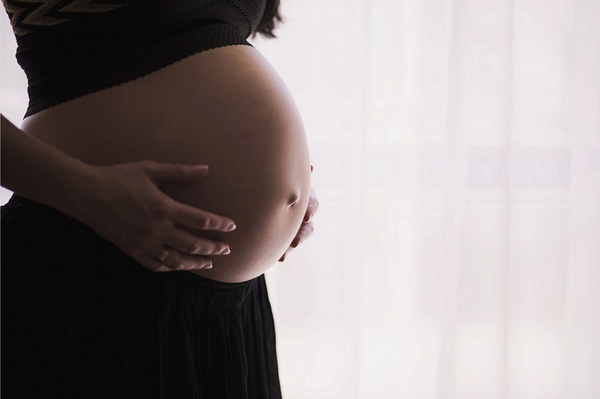By Alana Mitchelson
A BERWICK perinatal care centre has revealed it is common to see one-year-old babies who are depressed as a result of exposure to family violence ‘in utero’ during a mother’s pregnancy.
This is one of the many long-term dangers to an unborn child when a mother’s wellbeing is at risk while pregnant and, sadly, the violence usually continues after birth.
About one in four Australian women who report family violence have voiced that the violence occurred or began during pregnancy, and younger women aged between 18 and 24 are at most risk.
St John of God Health Care Berwick’s Bronwyn Owen has a history of working in child protection prior to her current perinatal care role at the Raphael Centre.
“One in three women we see report at least some experience with family violence, and often it begins during pregnancy,” Ms Owen said.
“It’s one of those hidden problems.
“If the mother is in a stressed state because she is being exposed to violence, this is not going to be good for baby, even before birth.
“From day one, a baby is looking to their primary carer for prompts in the world. They can sense their mum or dad’s fear.
“We have babies here who are one year old and depressed.”
Research shows that the impacts of family violence to an unborn baby can range from low birth weight, premature birth and growth retardation, to reduced mother-infant attachment and post-natal depression.
Ms Owen said this might mean they grow up to be introverted or untrusting, while others may be full of rage and think violence is acceptable.
She said that when the child entered a partnership of their own in adult life, they might be more likely to perceive violence as “the norm” because that is all they had known.
Windermere family health and wellbeing manager Julie Knowles said that when a woman became pregnant, there was a change in the power dynamic in the relationship.
“Women often leave work and have a lower financial capacity. So pregnancy often adds financial stresses to the man because of a reduced family income,” Ms Knowles said.
“They may also be physically disadvantaged due to being unwell, tiredness and physiological changes as the pregnancy progresses.
“The nature of the relationship changes, the focus changes. The woman often becomes much more focused on the unborn baby. There is often a change in the sexual relationship and a change in intimacy as well.
“When a woman becomes pregnant, there is also a physical risk to the baby that makes her more vulnerable. There have been incidents where miscarriages occur as a result of family violence.”
Ms Knowles explained that when a woman is exposed to violence while pregnant, she releases hormones that impact the development of the unborn baby.
Ongoing stress floods the brain with a hormone that reduces the formation of neuron connections.
Anglicare Victoria southern region community service manager Cathie Valentine works closely with children and families impacted by family violence within the Cardinia Shire.
She said that in many cases, the woman might have had no alternative living options and the abusive partner might be her only support.
“Sometimes she might be terrified to let that support go, even though it’s a dangerous one,” Ms Valentine said.
“Often there is a reduced attachment between the mother and baby because the abuser interrupts that attachment, which is quite concerning. Babies need that attachment to feel safe and grow.
“Babies have no way to understand or come to terms with what’s going on around them. Their sense of safety is completely shattered and that’s absolutely traumatising for young children.
“Learning from their experiences, babies can reach a place where they know that when they are distressed and want to scream, no one will come.”
Ms Valentine said it was common for an abuser to use degrading comments during a woman’s pregnancy.
These include remarks such as ‘you’re ugly’ or ‘you’re fat’ and ‘now I have to pay for your brat’ or ‘it’s a nuisance’.
She said it was important to recognise that family violence could take many forms including physical violence, emotional abuse, sexual assault, social abuse and financial abuse.
“It’s never okay to be harmed. There are people and places who will work to keep you safe,” she said.
“Women who experience family violence want it to be different for their daughters and sons, and we need to find ways to make help that happen.”
Women experiencing family violence can engage with a service and seek advice via www.asksomeone.org.au . There are also early intervention programs available to women that involve perinatal and postnatal parent-infant therapy to foster the bonding process. In an emergency call triple- zero.
Men seeking help can call Men’s Help Line Australia on 1300 789 978 or No to Violence on 1300 766 491 which can be anonymous and confidential.







